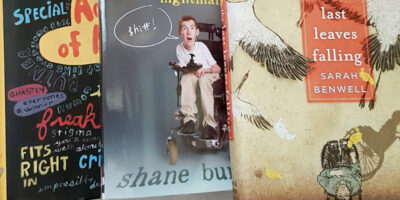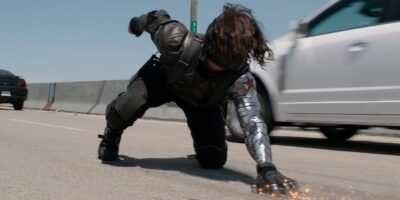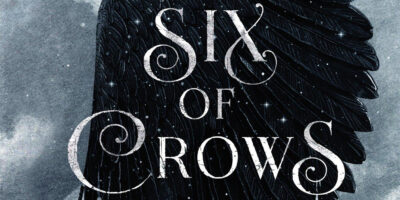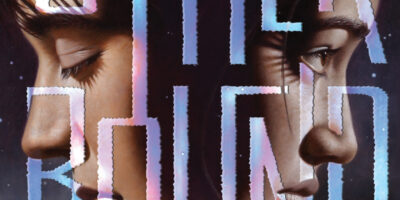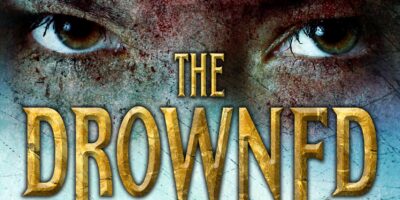-
Filter blog posts
Honor Roll titles
July 15, 2016
The State of Disability on Book Covers
July 8, 2016
Introduction to Disability Terminology
July 1, 2016
Introducing … The Disability in Kidlit Honor Roll!
July 1, 2016
Disability in Kidlit’s Three-year Anniversary Event!
June 17, 2016
Past, Present, and Future of my Disability
June 3, 2016
Review: Crazy by Amy Reed
May 6, 2016
Review: Game World by Christopher John Farley
April 15, 2016
Review: When We Collided by Emery Lord
April 1, 2016
Another Team Announcement!
April 1, 2016
Scoliosis in Books: What’s Missing?
March 27, 2016
(Not) Engaging with Disability: Convenient Approaches in SFF
March 26, 2016
Interview with Leigh Bardugo about Six of Crows
March 26, 2016
Review: Six of Crows by Leigh Bardugo
March 25, 2016
Worldbuilding About, Through, and With Autism
March 24, 2016
Review: On the Edge of Gone by Corinne Duyvis
March 24, 2016
Review: Otherbound by Corinne Duyvis
March 23, 2016
Discussion: Magical Disabilities
March 23, 2016
Review: Graceling and Bitterblue by Kristin Cashore
March 22, 2016




